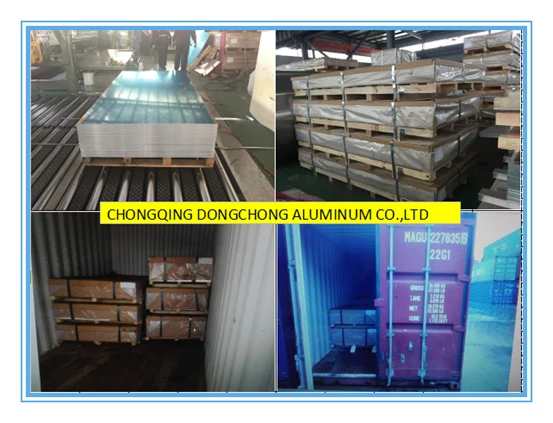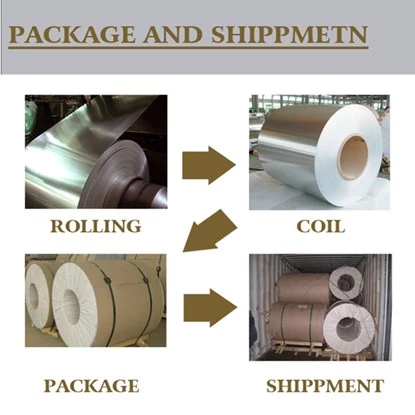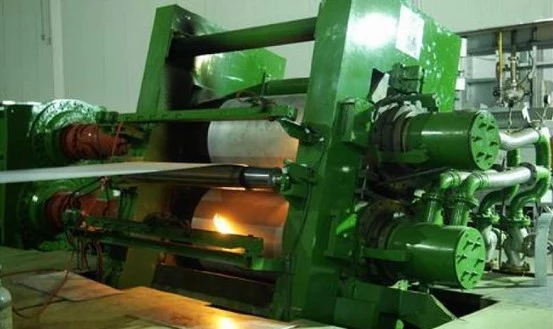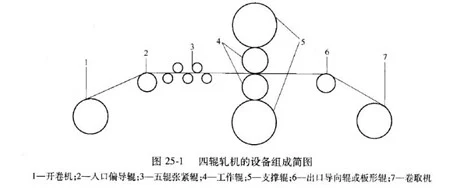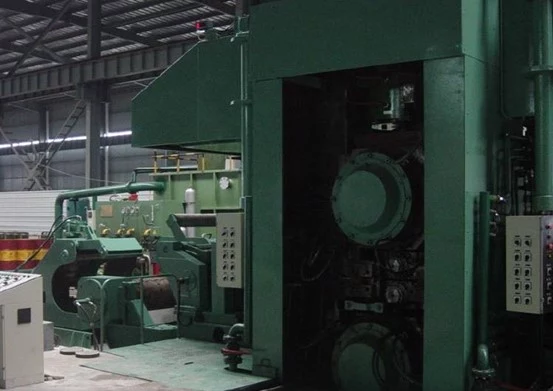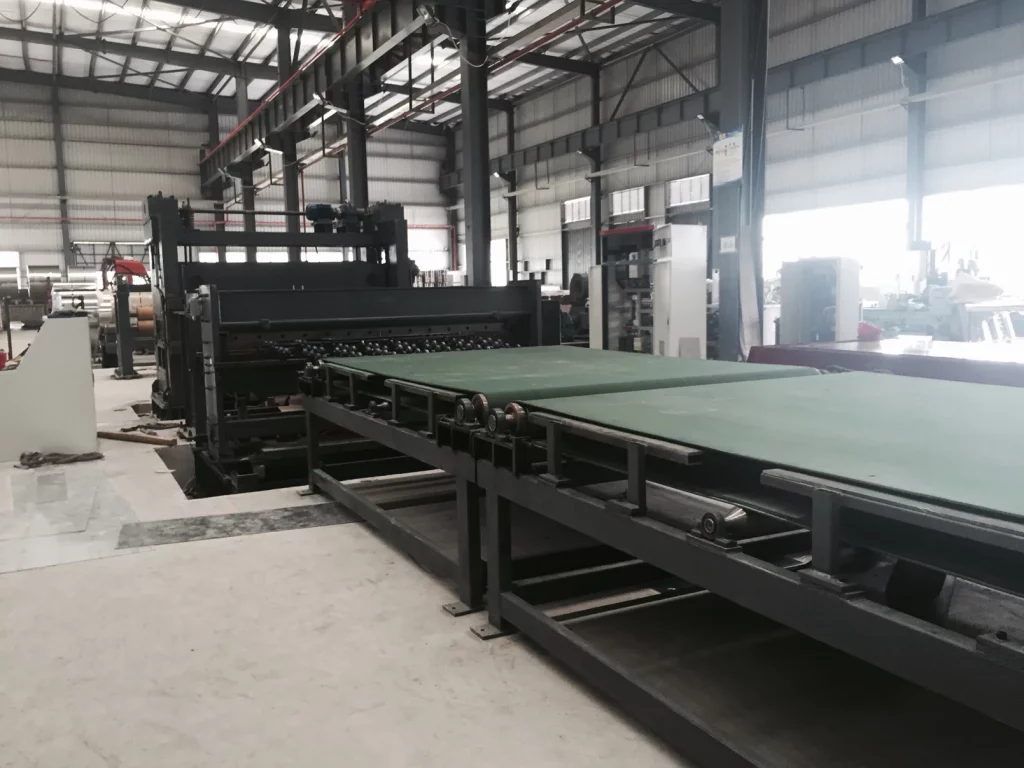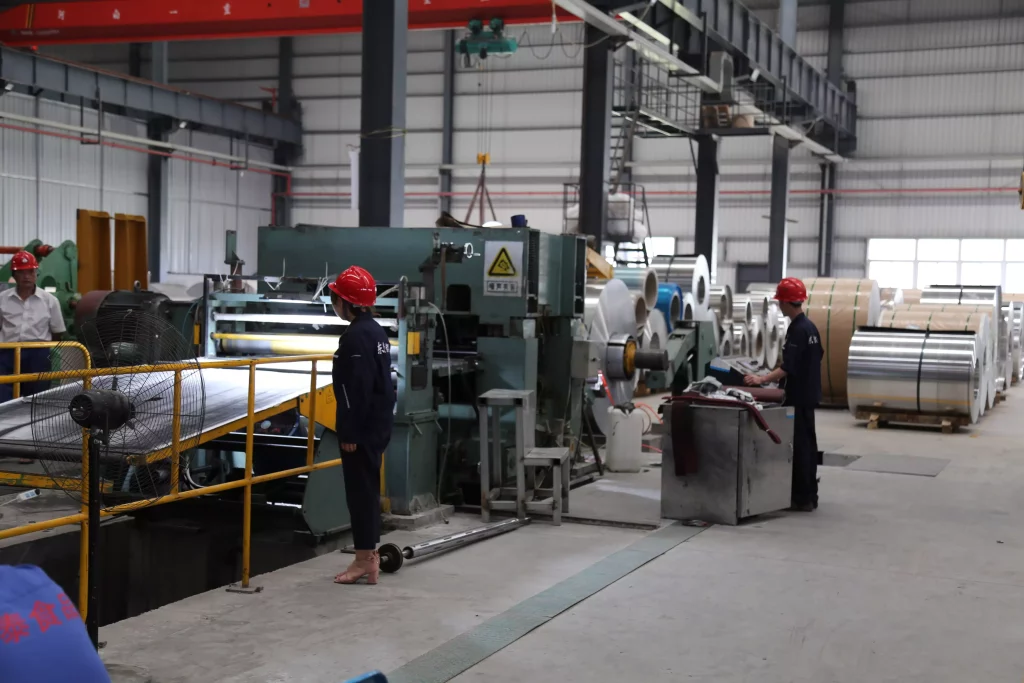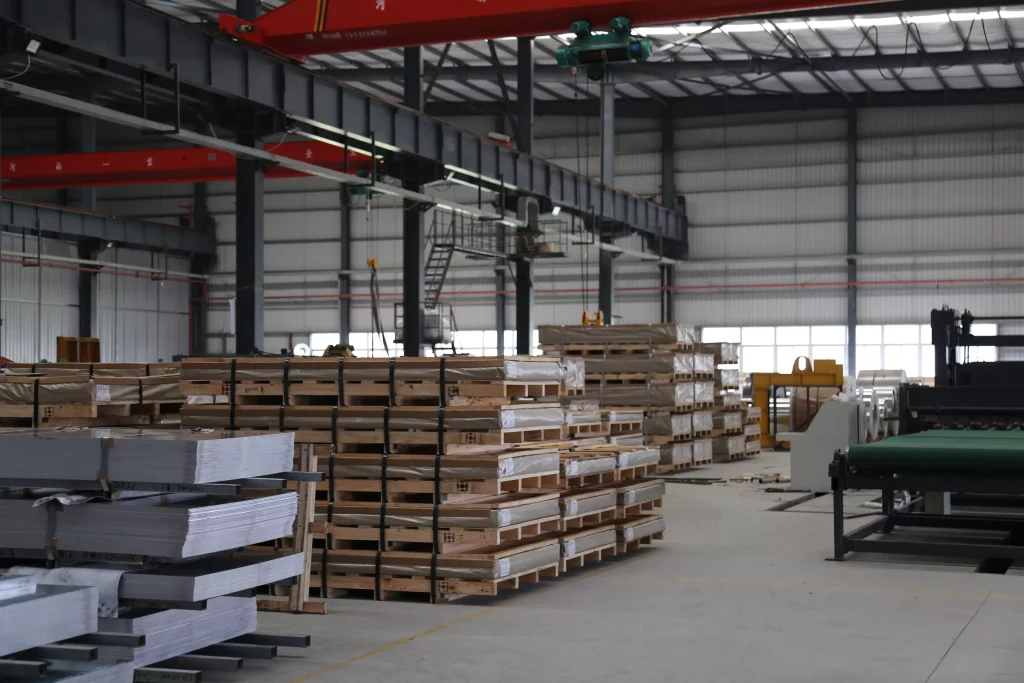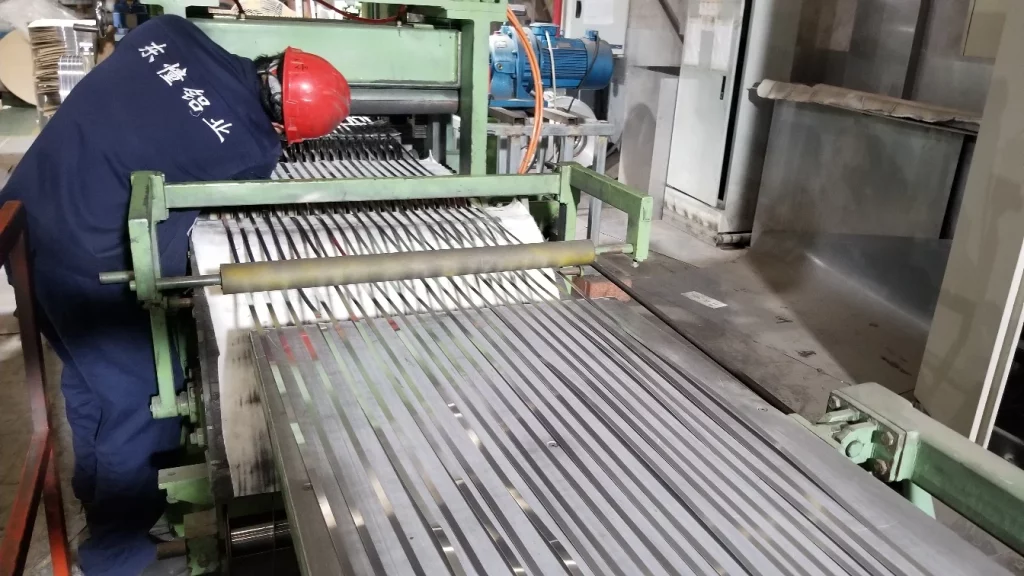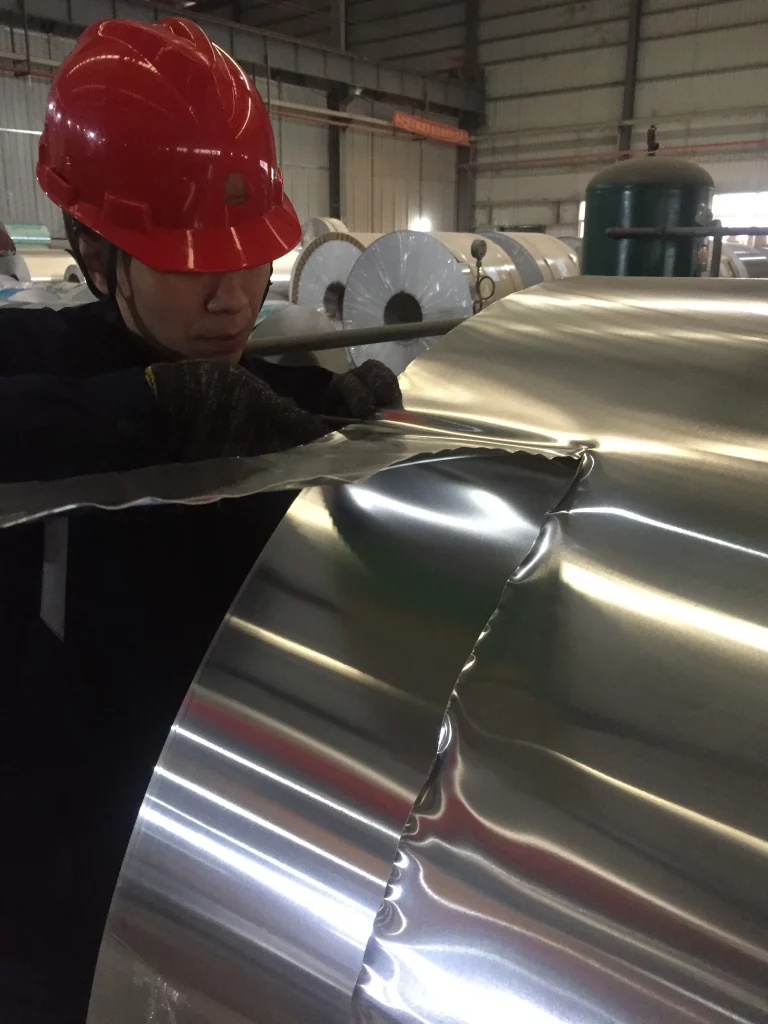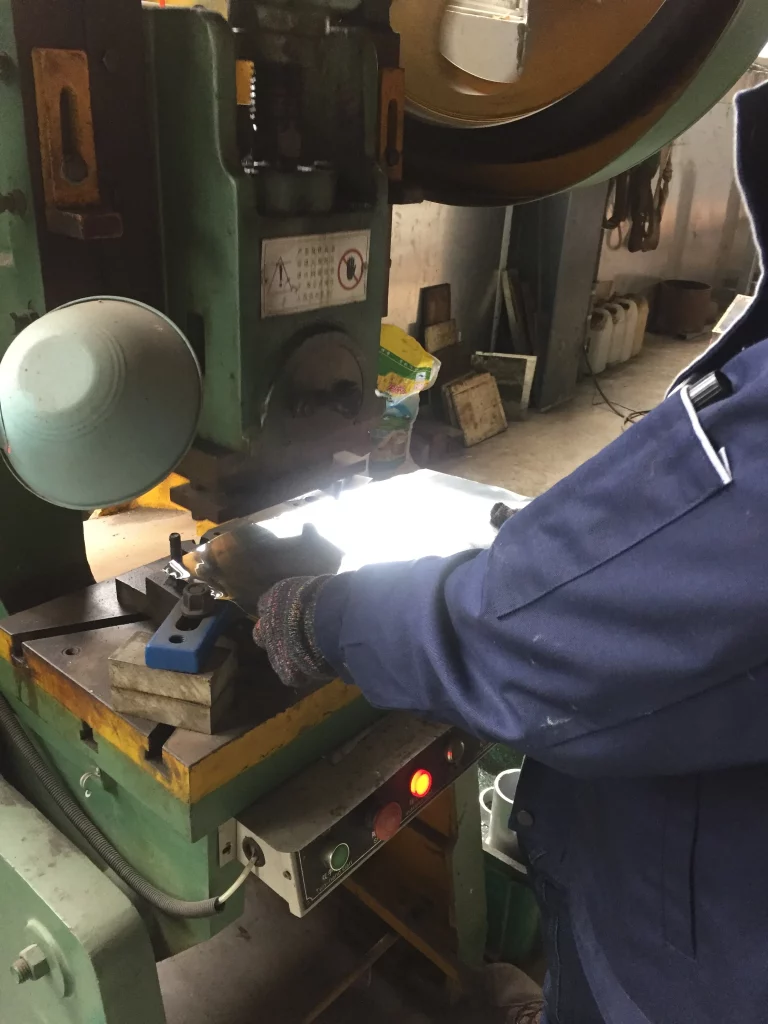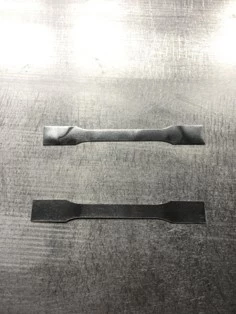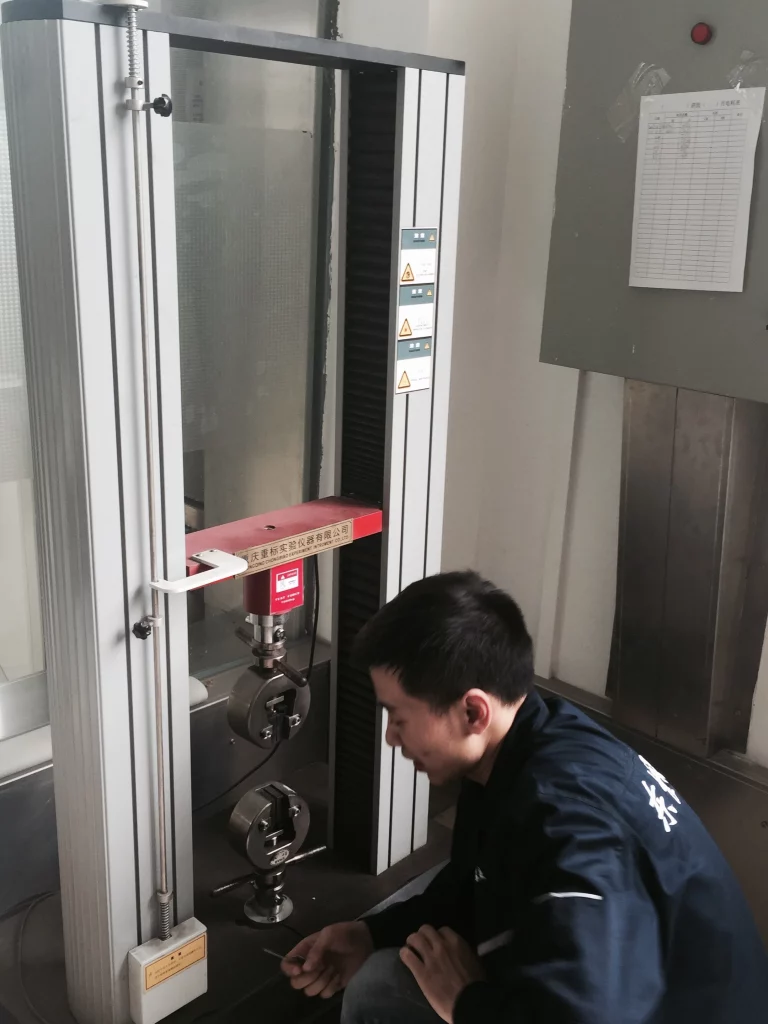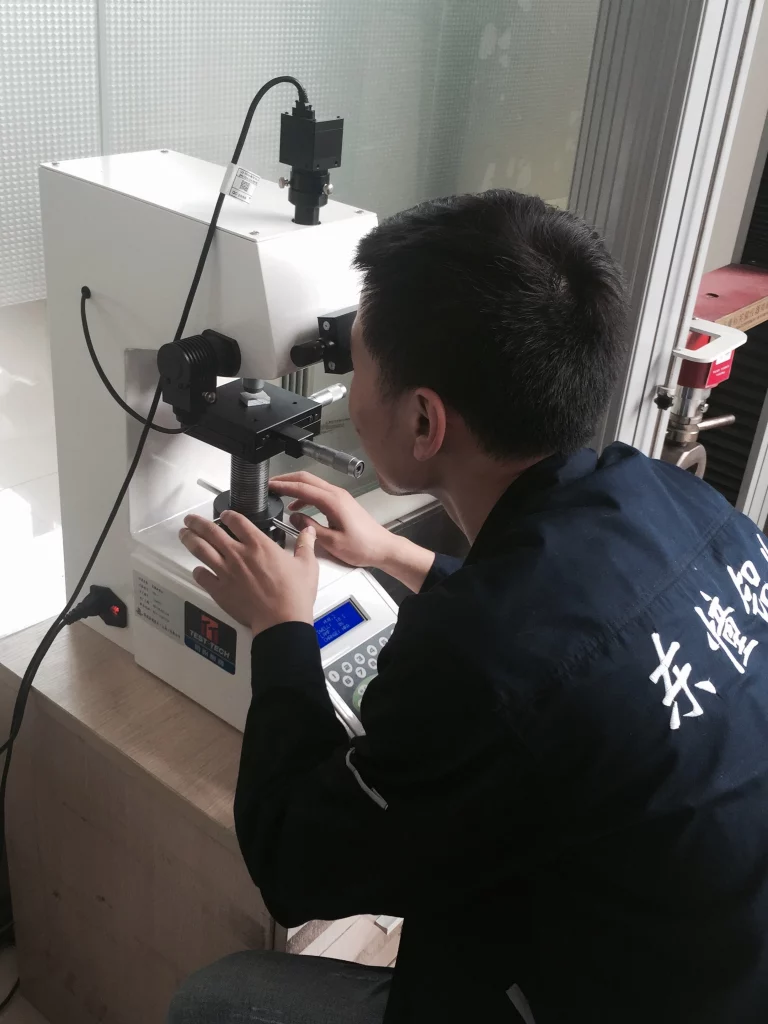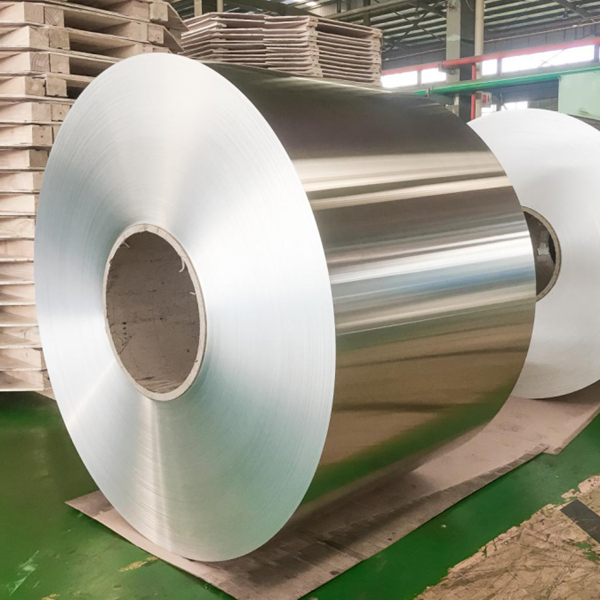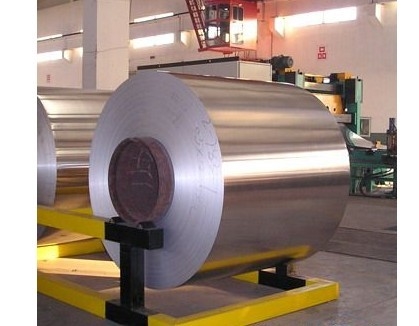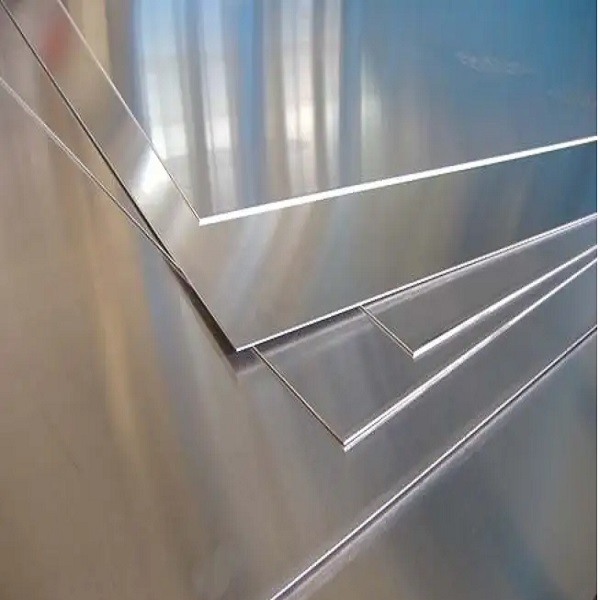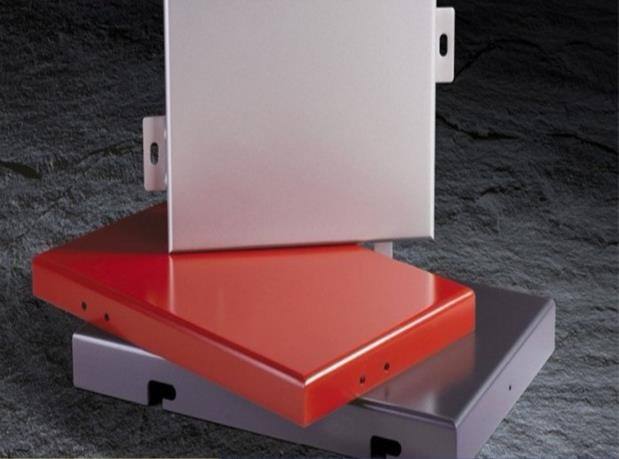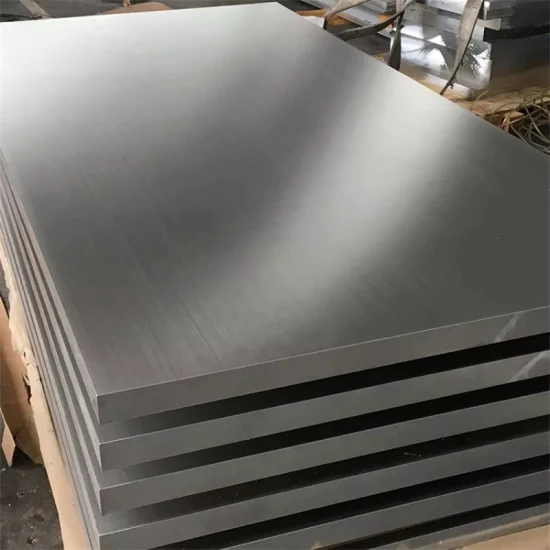
7075 Aluminum Plate
- Product: Aluminum Sheet/Plate
- Alloy: 1050, 1060, 1100, 1070, 3003, 3004, 3105, 5052, 5754, 5083, 6061, 6063, 6062, 7075, 8011
- Temper: H12, H14, H16, H24, H26, H32, O, H112, T3, T6, T4, T651, etc.
- Surface: Mill finish, color coated, embossed, engraving, checkered
- Thickness: 0.2-200mm
- Width:10-2600mm
Description
7075 aluminum plate is a high-strength, heat-treatable wrought alloy known for its exceptional mechanical properties. 7075 alloy exhibits good formability and machinability in the annealed and solution heat-treated conditions, and its corrosion resistance is further enhanced by heat treatment and aging. It resists stress corrosion cracking in the T73 temper and is suitable for a wide range of applications, including aircraft structures, piping systems, mobile equipment, high-pressure hydraulic systems, tooling, and high-end aluminum alloy bicycle frames. Choose our 7075 aluminum plate, which combines strength, corrosion resistance, and machinability, backed by our mill expertise and global supply capabilities.
| 7075 Aluminum Plate Parameters
| Product | 7075 Mill Finish Aluminum Plate |
| Temper | H12, H14, H16, H24, H26, H32, O, H112, T3, T6, T4, T651, ect. |
| Surface | Mill finish, color coated, embossed, engraving, checkered |
| Thickness | 0.2-200mm |
| Width | 10-2600mm |
| Length | 100-100000mm |
| Packing | Wooden pallet |
| Payment | T/T, L/C 100% at sight |
| MOQ | Normally 5 tons, special require need discuss |
| Delivery time | 1-3 days for spot goods, 10-15 days for normal size, 15-25 days for special size |
| Chemical Composition of 7075 Aluminum Plate
| Element | AI | Zn | Mg | Cu | Cr | Si | Fe | Mn | Ti | Others | |
| 7075 | 87.1 – 91.4% | 5.6 – 6.1% | 2.1 – 2.5% | 1.2 – 1.6% | 0.18 – 0.28% | ≤0.4% | ≤0.5% | ≤0.3% | ≤0.2% | 0.05%(each) | 0.15%(total) |
| Advantages of 7075 Aluminum Plate
- High Strength: The 7075 aluminum alloy is one of the highest-strength aluminum alloys available, making it ideal for applications that require high structural integrity and load-bearing capacity.
- Excellent Fatigue Resistance: It offers excellent resistance to fatigue, making it suitable for components subjected to repeated stress, such as aircraft structures and high-performance automotive parts.
- Good Corrosion Resistance: While not as corrosion-resistant as some other aluminum alloys, 7075 still offers good resistance, especially when properly treated or coated, making it useful in environments where corrosion is a concern.
- Lightweight: Like all aluminum alloys, 7075 is lightweight compared to steel and other metals, offering high strength-to-weight ratios. This property is particularly beneficial in aerospace and transportation applications.
- Machinability: 7075 aluminum is easy to machine, making it suitable for complex parts that require precise manufacturing. It also responds well to surface treatments like anodizing.
- Dimensional Stability: The alloy maintains good dimensional stability, even in varying environmental conditions, which is important for applications requiring high precision.
- Weldability (with Caution): Although not as weldable as other aluminum alloys (such as 6061), 7075 can still be welded with proper techniques, making it versatile in fabrication processes.
- Anodizing Capability: 7075 aluminum can be anodized to enhance its corrosion resistance and appearance, allowing for customization in both functional and aesthetic aspects.
| Why Choose Us
- Innovative Custom Formulations: We don’t just offer standard aluminum products; we specialize in developing custom aluminum alloys tailored to specific industry needs, providing a solution that no other supplier can match.
- Sustainability Leadership: Our production processes are designed with sustainability in mind, from energy-efficient manufacturing to the use of recycled materials, positioning us as an industry leader in eco-friendly aluminum products.
- Exclusive Technology: We utilize proprietary technology that enhances the properties of our aluminum products, such as increased strength-to-weight ratios or unique surface treatments that offer superior resistance to environmental factors.
- Expert Consultation: Our team of experts provides unparalleled consultation services, working closely with customers to understand their unique challenges and offering tailored solutions that are unmatched in the market.
- Integrated Supply Chain Solutions: We offer a seamless, integrated supply chain solution that includes everything from raw material sourcing to finished product delivery, ensuring a level of convenience and efficiency that is unique in the industry.
- Advanced R&D Capabilities: With a state-of-the-art research and development facility, we are at the forefront of aluminum technology, constantly pushing the boundaries of what’s possible with our materials.
- Patented Processes: We have patented processes that give our aluminum products a distinct edge in terms of quality, performance, and applications, which cannot be replicated by competitors.
- Strategic Global Partnerships: Our strategic partnerships with key industry players provide customers with access to a network of resources and expertise that is unique to our company.
- Guaranteed Performance: We offer a performance guarantee on our aluminum products, ensuring customers that our materials will meet or exceed their expectations in real-world applications.
- Cultural Alignment and Ethical Practices: Our company operates with a strong ethical code and a culture that aligns with our customers’ values, building trust and a partnership that goes beyond mere transactions.
- Post-Sale Support and Education: We provide ongoing support and educational resources to help customers maximize the performance of our aluminum products, ensuring they get the most value from their investment.
- Exclusive Access to Niche Markets: We have established channels into niche markets that other suppliers cannot access, offering our customers unique opportunities for growth and expansion.
| process flow diagram
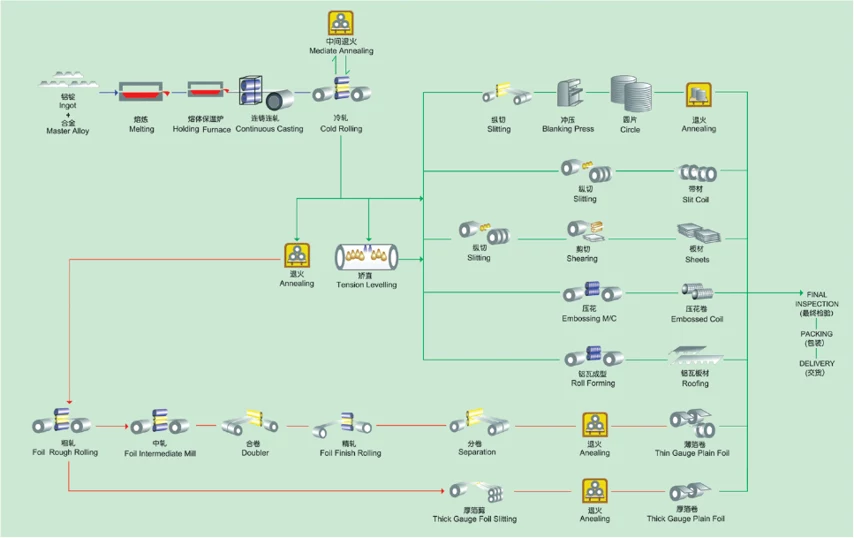
| 8011 Mill Finish Aluminum Plate Production Flow Chart
Hot-rolling
Smelting–standing–casting–fire–hot-rolling–cold-rolling –finished product annealing-packing
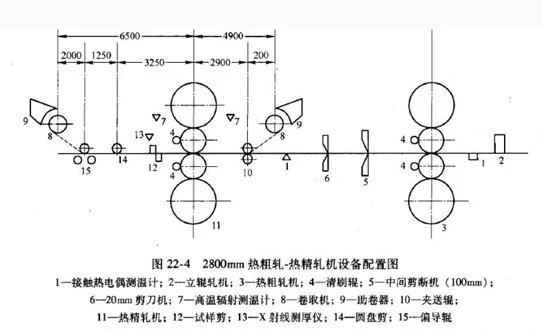
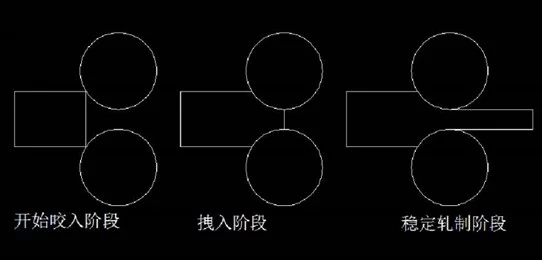
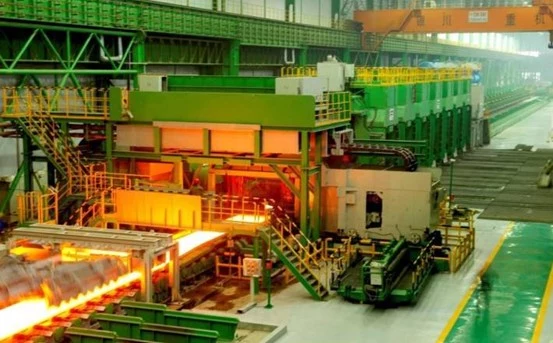
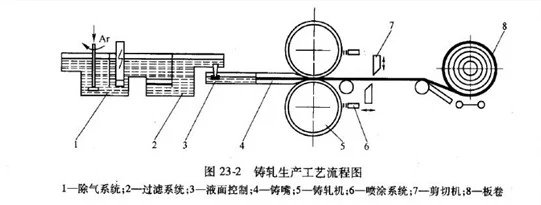
Cast-rolling
Smelting– standing — cast-rolling– cold-rolling– finished product annealing– packing
Casting
The purpose is to manufacture casting components that meet the requirements for a high purity alloy melt and create favorable conditions for casting various shapes.
Several key parameters in the casting process include:
- During the casting process, workers need to continuously add Al-Ti-B wire to refine the grain.
- The temperature generally needs to be set at 1050°C when smelting, with the material’s temperature under constant monitoring, and the metal temperature should be controlled to be less than 770°C.
- At around 735°C, workers need to perform slag operations; this temperature is favorable for the separation of slag from the liquid.
- Generally, two refining processes are required: one using a solid refining agent and the other using a gas refining method.
- After approximately 30 minutes to 1 hour of inert gas purging, workers need to cast in a timely manner; otherwise, re-refining may be necessary.
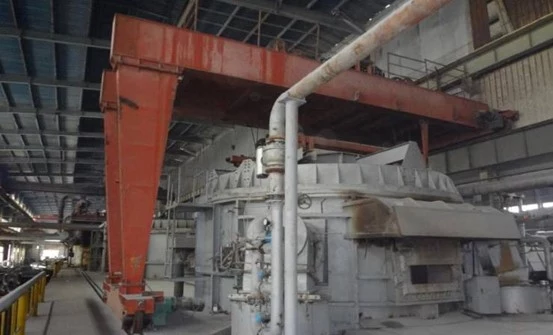
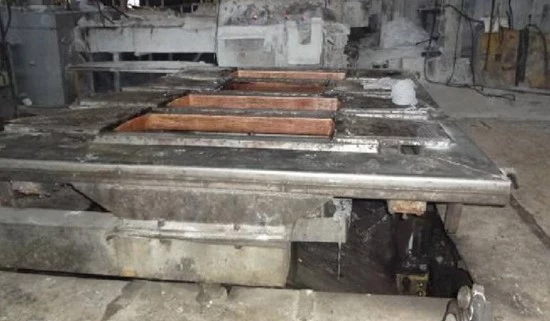
Tension Lever
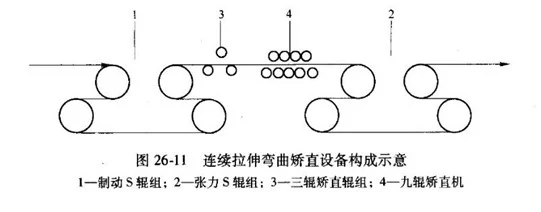
Slitting Mill
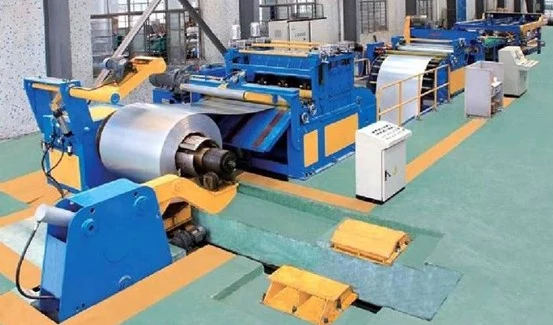
Cross Cutting Mill

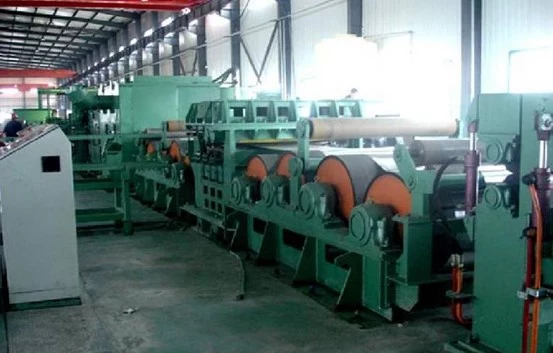
Packing
